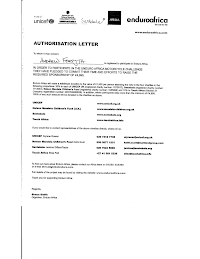It is. Sort of. For Gates, investing in projects that reap significant, near-term, societal benefits in education and prevention of HIV, malaria, and TB is more important than that the foundation remain intact or in its current form for 100 years or more (Unless it changes course, its lack of attention to climate change may ensure that there's no risk of the latter -- thanks, Lance, for the link). In many respects, the strategy reflects an admirable degree of optimism about innovation and its potential implementation and impact.
But more important than maximizing the foundation's life span, according to Gates, is the need for philanthropy especially in times of economic hardship:
I am impressed by individuals who continue to give generously even in these difficult times. I believe that the wealthy have a responsibility to invest in addressing inequity. This is especially true when the constraints on others are so great. Otherwise, we will come out of the economic downturn in a world that is even more unequal, with greater inequities in health and education, and fewer opportunities for people to improve their lives. - Bill Gates
It's easy to forget that, despite all of the setbacks we're likely to see from the economic crisis in the States and the rest of the G20, things will only be worse elsewhere. And you and I, dear readers, are the Bill and Melinda Gateses in the eyes of the world's poorest and most vulnerable to HIV, even now with the economy as it is.
So please, consider making a donation today to my Enduro Africa ride and fundraiser (or give to any other international charity).
E-mail me to learn how, or simply use your favorite credit card with my handy and secure PayPal widget.




No comments:
Post a Comment